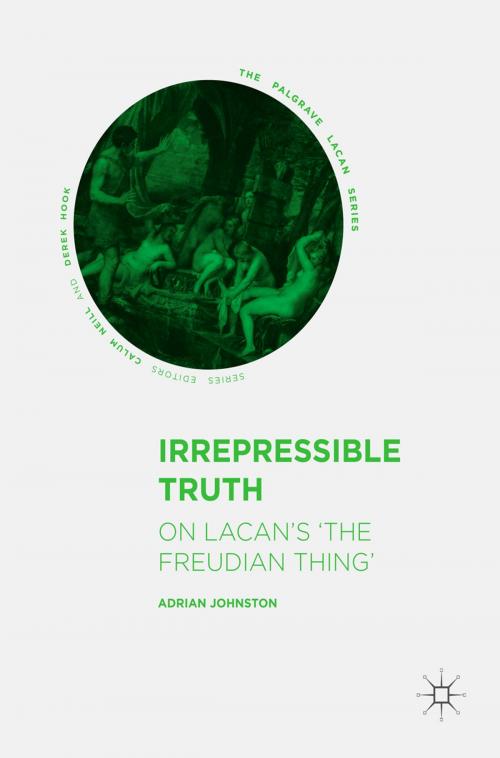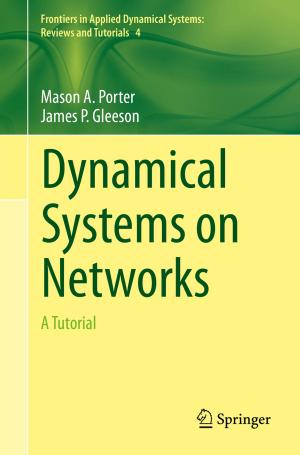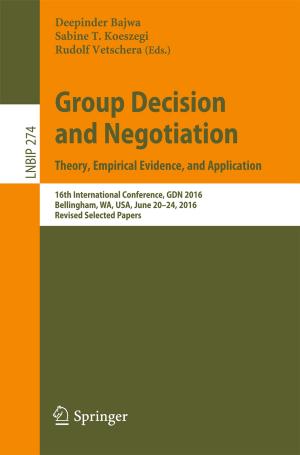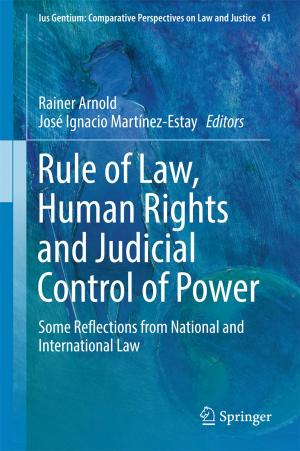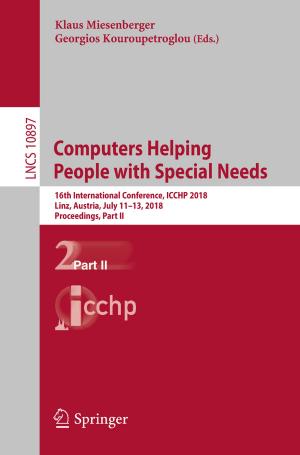Irrepressible Truth
On Lacan’s ‘The Freudian Thing’
Nonfiction, Health & Well Being, Psychology, Research, Psychoanalysis| Author: | Adrian Johnston | ISBN: | 9783319575148 |
| Publisher: | Springer International Publishing | Publication: | September 19, 2017 |
| Imprint: | Palgrave Macmillan | Language: | English |
| Author: | Adrian Johnston |
| ISBN: | 9783319575148 |
| Publisher: | Springer International Publishing |
| Publication: | September 19, 2017 |
| Imprint: | Palgrave Macmillan |
| Language: | English |
This book offers readers a uniquely detailed engagement with the ideas of legendary French psychoanalyst Jacques Lacan. The Freudian Thing is one of Lacan’s most important texts, wherein he explains the significance and stakes of his “return to Freud” as a passionate defence of Freud’s disturbing, epoch-making discovery of the unconscious, against misrepresentations and criticisms of it. However, Lacan is characteristically cryptic in The Freudian Thing. The combination of his writing style and vast range of references renders much of his thinking inaccessible to all but a narrow circle of scholarly specialists. Johnston’s Irrepressible Truth opens up the universe of Lacanian psychoanalysis to much wider audiences by furnishing a sentence-by-sentence interpretive unpacking of this pivotal 1955 essay. In so doing, Johnston reveals the precision, rigor, and soundness of Lacan’s teachings.
This book offers readers a uniquely detailed engagement with the ideas of legendary French psychoanalyst Jacques Lacan. The Freudian Thing is one of Lacan’s most important texts, wherein he explains the significance and stakes of his “return to Freud” as a passionate defence of Freud’s disturbing, epoch-making discovery of the unconscious, against misrepresentations and criticisms of it. However, Lacan is characteristically cryptic in The Freudian Thing. The combination of his writing style and vast range of references renders much of his thinking inaccessible to all but a narrow circle of scholarly specialists. Johnston’s Irrepressible Truth opens up the universe of Lacanian psychoanalysis to much wider audiences by furnishing a sentence-by-sentence interpretive unpacking of this pivotal 1955 essay. In so doing, Johnston reveals the precision, rigor, and soundness of Lacan’s teachings.
